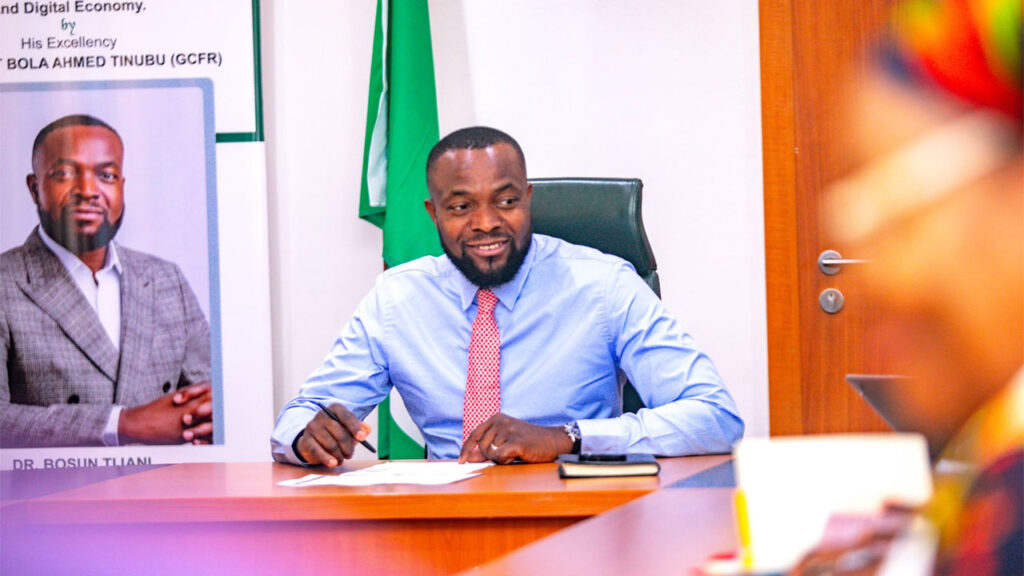
The Civil Society in Malaria Control, Immunization and Nutrition in Nigeria (ACOMIN), has urged the Federal government to ensure increased investment in the Primary Healthcare systems to ensure that they have the necessary facilities, medicines and trained health care professionals for effective service delivery to people in the rural communities.
The group noted that effective and functional primary healthcare system is critical to addressing the high burden of malaria and other in the country and also reduce the burden ob secondary and tertiary health care facilities.
National Coordinator of ACOMIN, Ayo Ipinmoye, who made the call at the quarterly media briefing at the weekend in Abuja noted that malaria is a life-threatening disease that can lead to death if not promptly diagnosed and treated.
He lamented that Nigeria in 2021 had the highest global malaria cases (26.6 percent of global malaria cases and the highest number of deaths (31 per cent of global malaria deaths).
The National coordinator added that within West Africa, Nigeria alone accounted for an estimated 54 percent of malaria cases.
Ipinmoye stated that by allocating more resources to PHCs, these centers to deliver quality healthcare services, including malaria prevention and treatment.
He observed that investment in the primary healthcare facilities and support will help prevent progression of diseases and ensure that people have timely access to prevention, diagnosis and treatment of other diseases such as Tuberculosis, diarrhea,, cholera and pneumonia.
He said: “While discussing the steps to eliminate malaria, ACOMIN drew attention “to the often-overlooked role of PHCs. These community-based healthcare facilities are the first point of contact for individuals seeking healthcare assistance.
“PHCs provide essential services including preventive care, diagnosis, treatment of common illnesses, maternal and child health services, family planning, chronic disease management and health education particularly in remote or underserved areas.
“PHCs play a critical role in providing access to quality healthcare and reducing the burden on secondary and tertiary healthcare facilities.”
He added: “Urgent action and collective efforts are needed to combat the increasing incidence of malaria in the country adding that the use of Insecticide Treated Nets is crucial as they serve as physical barriers against mosquitoes, reducing the risk of infection especially for vulnerable groups like pregnant women and children.”
Ipinmoye who noted that Improper waste management aggravates malaria problem in the country, stressed the need to eliminate all the potential breeding sites by emptying, covering containers that hold water and called for proper maintenance of drainage systems
Also speaking, Representative of Country Coordinating Mechanism for Global Fund, Ibrahim Tajudeen, noted that apart from the rising cost of malaria treatment, the quality of drugs in circulation are worrisome.
Tajudeen stressed the need for government at all levels to put in place the structures that will help in the elimination of malaria adding that the CCM is supporting the PHCs capacities to be able to deliver quality health services either for malaria, HIV, TB and other diseases.
He said: “The CCM is supporting the government in actualization of the National Health Act which stipulates that 1 percent of the annual budget be allocated to the Basic Healthcare Provisions Fund (BHCPF) which is being used by government actors through three gateways. The removal of fuel subsidy has added to the pressure in health facilities across the country.”
According to him, the Presidential initiative of US government is supporting 11 states, the global Fund is supporting 13 states while the remaining 13 states are being supported through the World Bank loan for procurement of commodities for the treatment of malaria.
Tajudeen urged the media to educate the general population in the implications of taking unapproved herbs for the treatment.













